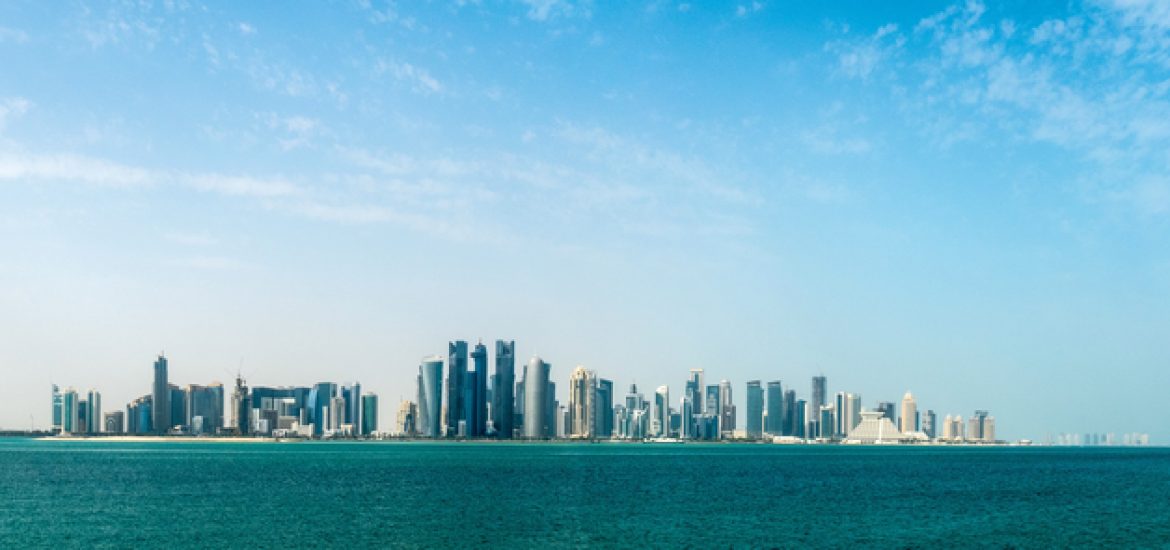
Qatar says it is leaving the oil cartel Opec (Organisation of the Petroleum Exporting Countries) next month after 57 years to focus on liquefied natural gas (LNG) as tensions continue with Saudi Arabia, the organisation’s principal member.
The cartel, which supplies about a third of the world’s crude oil, is meeting in Austria this week.
Qatar is one of the Opec’s smallest oil producers but it is one of the globe’s largest exporters of LNG.
Veteran journalist Andrew Neil argued that the decision was far less important than Russia’s deepening ties with Saudi Arabia.
He tweeted: “Qatar quitting Opec after 60 years no big deal since it’s now natural gas producer. But Riyadh and Moscow effectively replacing Opec is. Russian + Saudi officials met this week to hammer out bilateral deal to extend the Opec+ agreement to control output and firm up oil prices.”
Opec was founded in Baghdad in 1960 by Saudi Arabia, Iran, Iraq, Kuwait and Venezuela with Qatar joining the following year.
There are now 15 members, including Libya, Nigeria and the United Arab Emirates.
Compliance across Opec is now reportedly being questioned amid conflicting interests regarding oil production cuts.
Energy analyst Michael Cohen of Barclays Bank said, if another country were to leave, it would be Iraq.
“I think in terms of all Opec, to me the one that stands out over the last six to eight months is Iraq,” Cohen said.
“Iraq has been out of line with its target frequently… so if restrictions to cut were too stringent, Iraq might feel it in its best interest to no longer be a member of the organisation,” he said.
Brent crude, the international oil benchmark, rose to more than US$61 per barrel this week after the United States and China agreed to shelve their trade war. But it is nearly 30 per cent lower than its US$86 price in early October. Opec is expected to agree an output cut at the meeting in Vienna tomorrow (Thursday).
Qatar, which said it would leave the cartel next month, produces around 600,000 barrels per day or less than 2 per cent of Opec’s oil output, making it the fifth-smallest producer, according to oil industry consultancy Wood Mackenzie.
The tiny state also produces about 80 million tonnes of LNG annually, out of a global market of about 300 million tonnes, and is looking to boost production to 110 million tonnes through several high-profile projects.
Saad al-Kaabi, Qatar’s energy minister, said: “We are not saying we are going to get out of the oil business, but it is controlled by an organisation managed by a country.”
Qatar is looking beyond oil. Picture credit: GoodFreePictures





